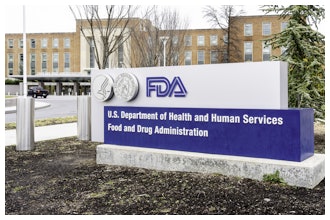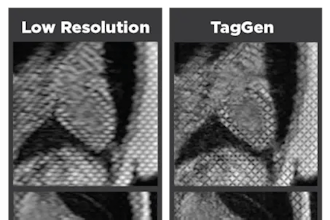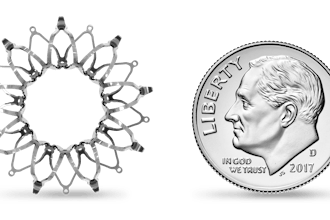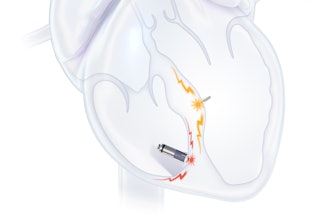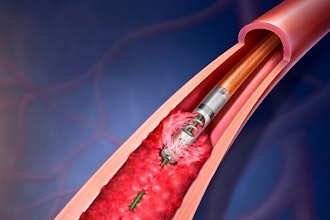
Anumana has entered into a multi-year agreement with Pfizer for Anumana to develop an artificial intelligence electrocardiogram algorithm (AI-ECG) designed to enable the early suspicion of cardiac amyloidosis. Anumana will conduct a clinical validation trial and pursue De Novo classification for the algorithm as a Software-as-a-Medical-Device (SaMD) and aims to gain regulatory approval for the algorithm as an SaMD for the detection of cardiac amyloidosis in the U.S., Europe and Japan.
“The challenge in diagnosing cardiac amyloidosis can prevent patients from getting treatment while the disease continues to progress,” said David McMullin, chief business officer of Anumana. “We believe this collaboration will demonstrate the power of Anumana’s AI-ECG algorithms to help clinicians intervene earlier, giving them greater ability to improve patient outcomes and prolong lives.”
The research agreement with Pfizer will help deepen Anumana’s efforts to implement AI-enabled early detection software that can reveal signals from ECGs that humans cannot interpret. The ubiquitous nature of the painless, non-invasive 100-year-old ECG test gives AI-ECG algorithms the potential to reach a larger number of patients earlier.
“AI-ECG solutions alert clinicians to humanly imperceptible patterns in ECG signals, providing an early warning for serious occult or impending disease,” said Paul Friedman, M.D., Chair of the Department of Cardiovascular Medicine at Mayo Clinic and Chair of Anumana’s Mayo Clinic Board of Advisors. “This stands to improve the lives of people with cardiac amyloidosis by improving the speed of triage and care of this group.”









